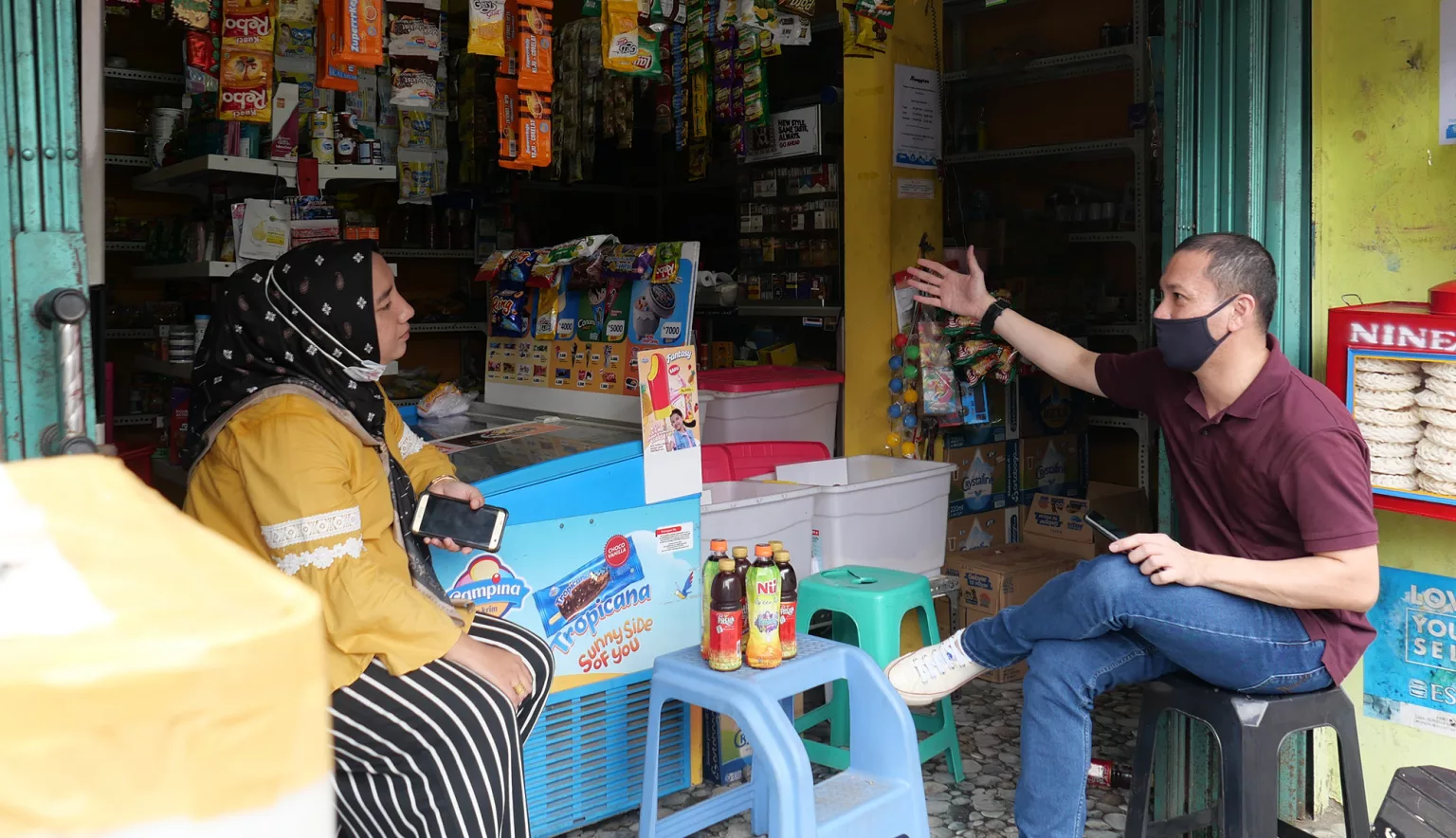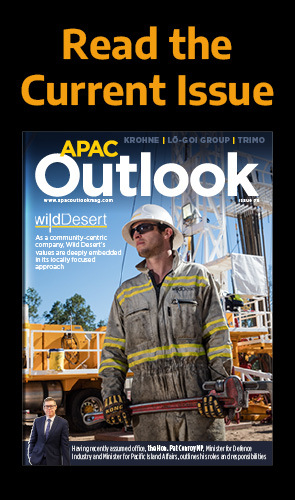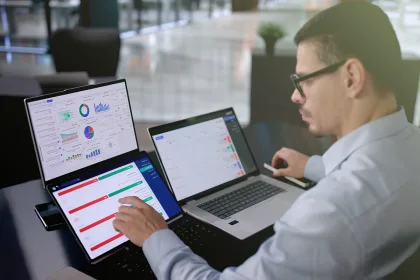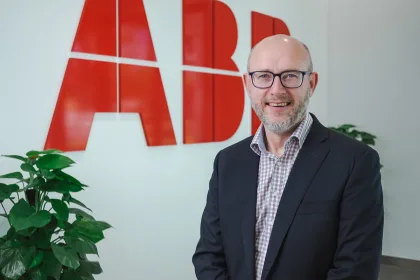The technology unicorn Bukalapak is motivated by a noble goal: to help grow the digital economy in Indonesia and make it fair for all.
FAIRNESS THROUGH TECHNOLOGY
Indonesia is the fourth most populous country in the world, with a population of 270 million people. It has the 15th largest economy by nominal GDP, and thanks to a burgeoning middle class and a skilled workforce, this looks set to rapidly increase.
The country seems like the perfect place for a technology company to set up shop. However, Indonesia is a country with low technology literacy and internet penetration. Meanwhile, ecommerce penetration in Indonesia is estimated to be between five to seven percent.
“This challenge is also an opportunity for us as a tech company to engage in disruptive actions that could also help boost the digital economy. All in all, I think there is huge potential that is yet to be realised by most people in Indonesia,” explains Rachmat Kaimuddin.
Kaimuddin is the CEO of Bukalapak, a ‘technology unicorn’ – a term used to refer to a tech startup company valued at over a billion US dollars – which was founded in 2010.
It is a position he is passionate about holding, having long had an interest in technology. This was first fostered by a degree at MIT studying electrical engineering at the time when the internet was beginning to blow up, and Silicon Valley was beginning to be established as a “tech mecca”.
“Now I am right at the centre of it,” he exclaims.
DIGITALLY UPLIFTING INDONESIA
Ecommerce company Bukalapak has only been in operation for a decade, but it already has 2,000 employees, its platforms serving 6 million online sellers and hundreds of millions of users.
The company’s rapid expansion is underpinned by a noble goal: to help create a fair economy for all.
“Via marketplace and offline commerce platforms and through Mitra Bukalapak, we want to provide everyone with options and opportunities to get more out of life by providing accessible technology to make their lives better and easier,” the CEO says.
Bukalapak has three main interlinked business activities: an ecommerce platform; Buka Pengadaan; and contributing to the growth of SMEs in Indonesia. Its ecommerce platform sells a range of goods from toiletries to electronics, many of which are heavily discounted.
Buka Pengadaan is a B2B e-procurement line, which was started in 2019.
“Through BukaPengadaan we are uplifting SMEs to not only play in the B2C field but also to become the supplier for the big companies,” Kaimuddin explains.
“We have six million SMEs in our marketplace and they are all across Indonesia. Whenever we have companies that need a big chunk of supplies, we can connect them with the listed SMEs in Buka Pengadaan. With this approach, we also propel the growth of SMEs in Indonesia.”
Another business stream is Mitra Bukalapak, in which the company partners up with small, family owned businesses in Indonesia. Within the past four years it has established six million partners in 477 cities and regencies across Indonesia.
In 2020, it launched Buka Investasi Bersama (BIB), a digital-based mutual fund selling agent, registered and supervised by Otoritas Jasa Keuangan (Indonesia’s government-run financial services authority). It is the first mutual fund of its kind in the marketplace with an APERD license.
“BIB provides a secure and reliable investing experience, to cater to customer’s needs and accessible to all segments from different socioeconomic backgrounds. Through BIB, we hope that everyone can have equal access to investment products and get closer to Bukalapak’smission of ‘A Fair Economy for All’,” the CEO explains.
“We have a wide range of products and services to offer such as virtual products, financial technology, payment, financing, insurance, and many more.”
Alongside its multiple offerings, Kaimuddin believes that one of Bukalapak’s key distinguishing features is its strong grassroots level support from MSMSEs across over 142 cities. It has also grown a strong user base in non-Tier One cities in Indonesia, predominantly consisting of MSME players.
“We already have the platform to disrupt, without forgetting our contributions to the acceleration of the digital economy of Indonesia,” the CEO explains.
THE CHANGING ECOMMERCE SPACE
Bukalapak, like many companies, has been tested by 2020’s ‘black swan’ event, the COVID-19 crisis.
Some aspects of the business have improved during the pandemic, while in other areas it has been less profitable – the year has been very uneven.
The company has also had the challenge of working from home, which it has been doing since March, although employees are allowed to work from the office if it is urgently required. It plans on continuing with this approach for the foreseeable future.
“We are very grateful that in this era of COVID-19, Bukalapak is a resilient company,” Kaimuddin says. “And fortunately, with this new normal condition, the acceleration on the digital platform is also getting better; the comfort level of the Indonesian people in shopping in e-commerce is improving.”
During the lockdown imposed by the Indonesian government, more and more consumers began to actively shop through the digital marketplace. Meanwhile, Bukalapak has seen an increase in people signing up to trade on its e-commerce platform.
“According to Bukalapak’s internal data, at the beginning of the COVID-19 pandemic (mid to late March), searches for health products such as hand sanitisers, masks, vitamins, cold and cough medicine experienced a very sharp increase and became the most sought-after products,” the CEO explains.
“Meanwhile, in April, people tended to look for productivity-supporting products at home and products related to their hobbies, such as game consoles, auto parts and baking equipment. It showed that the community had begun to adapt and was starting to shop for business and pleasure despite being in quarantine at home.”
The company’s O2O (Online to Offline) division has also increased, with many sign-ups from family-run shops located in the suburbs. This means that more people are doing grocery shopping online, but want to do so from the shops located nearest to their homes.
But despite these encouraging signs, the CEO remains cautious when it comes to discussing future plans.
“With all that has been going on right now, I think it’s best that we watch and see because we don’t even know what’s going to happen in the next few months,” he explains.
Whatever happens, Bukalapak will continue its vision to become a sustainable company, which helps develop MSMEs, create a fair economy for all, and support the growth of Indonesia’s digital economy.
To do so, it is continuing to build resilience into the company.
“We are strengthening our business strategies, engaging better with our users, sellers, and partners, and at the same time always reminding ourselves of our mission to create a fair economy for all,” Kaimuddin concludes.





























